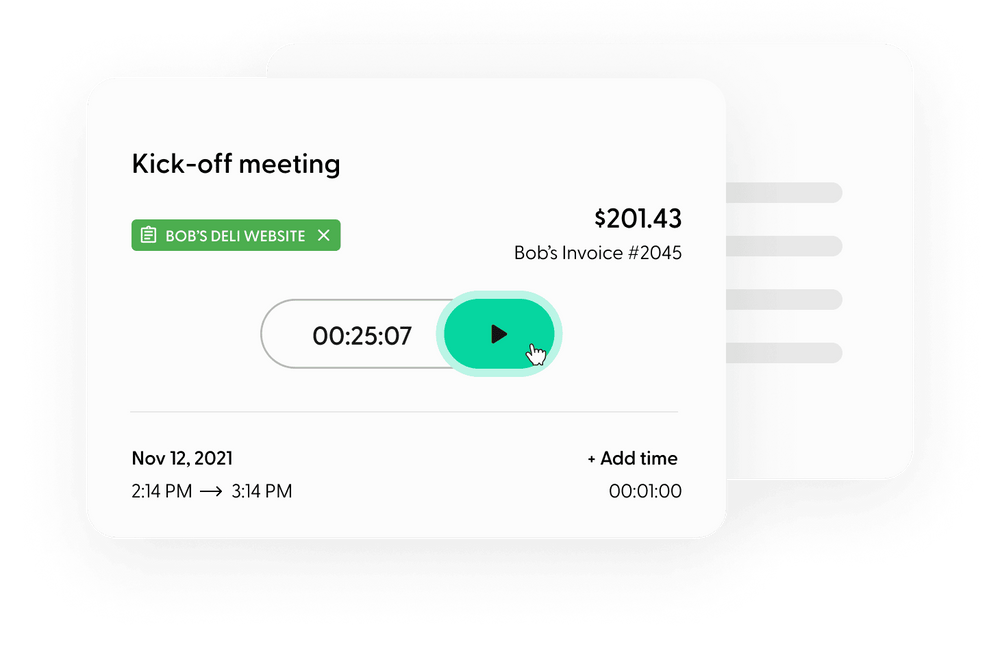When you feel an overwhelming urge to finish a project quickly, do you dive right into the meat of the work? This approach to project management may seem intuitive but starting your workday without intention can end up wasting precious time.
While integrating time management to your daily routine as a freelance software engineer is daunting, it’s a key ingredient to success.
Meeting deadlines, exceeding customer satisfaction, and completing daily work all hinge on efficiently tracking your time and progress. Time management strategies are not vastly different across freelancing fields, but this article will cover specific considerations for programmers and software engineers.
Plan and prioritize
Freelance software engineers will find that the bulk of time spent on any project (about 70 percent) is research.
A much smaller chunk of effort goes toward creating the deliverable. This reality can easily make one’s daily workflow – research, planning, and communicating with clients – nearly seem “unproductive.” One way to avoid this feeling, as well as unintentional procrastinating, is to plan and prioritize your tasks at the beginning of each project, day, and week.
Make a list on each day with only a handful of items that you must complete. Then, rearrange the tasks in order of the highest to least priority. Throughout the day, complete the tasks in order. Push remaining tasks to next day’s list and start again. The Ivy Lee method, a task management technique, suggests limiting each day’s agenda to only six items.
James Clear, a bestselling author, offers a convincing reason for focusing on just a few priorities at one time:
“I find that the single best thing to do when you have too many ideas (or when you're overwhelmed by everything you need to get done) is to prune your ideas and trim away everything that isn't absolutely necessary. Constraints can make you better.”
As a freelancer, you may feel as if your work is never fully done. It might seem like there’s always more to do and no traditional system of “clocking out.” Limiting your tasks and crossing them off, as simple as it sounds, will help you feel accomplished. You’ll be able to enjoy breaks guilt-free and end the workday with satisfaction.
Building a productive ecosystem
Another key component to time management in software engineering is working in a distraction-free, organized work environment. Spend a few days taking note of the following:
- How many times a day do you turn away from my work due to an interrupting phone or desktop notification?
- How much time do you spend trying to locate digital files, important emails, or folders that aren't in a set location?
- How comfortable is your workspace? Are there distracting sounds, objects, or sensations? For example, an uncomfortable chair, street-level noise, background music, etc.
- What do you need in a physical and digital space to be calm, productive, and minimize anxiety?
Reflect on your answers and adjust your space as needed. Researchers have found that distractions not only waste our time but they also lower the overall quality of our work.
As a software engineer, you’ll likely need to have multiple screens, use the internet, and communicate with your clients through networking platforms. To maximize your productivity, organize digital files, set limitations with internet usage, and create boundaries between your personal and professional environments (both digital and physical).
Monitor, track, and reflect
Veteran freelance software engineers don’t dedicate less effort to their project management and planning. In fact, they often use in-depth systems for tracking their time and results. While it may seem tedious to cultivate these methods, think of them as an investment for your freelance business.
One approach is to maintain a digital tracking system to monitor your habits, see your results, and visually gauge improvement. You can begin this by blocking time on your calendar for every part of your day – even for mundane activities like:
- Planning
- Breaks
- Project research
- Coding
- Catching up on emails
- And more
At the end of the week, reflect on the blocks of time that took more or fewer minutes than anticipated. Shift the time blocks on your calendar over the following days and weeks accordingly.
Ask yourself which times of day are your peak productivity for complex tasks and what structure works best for you (answering emails in the morning versus early afternoon, for example). Rather than adhering to a single formula, experiment with your schedule and adapt. In the long run, this type of intentional self-reflection will boost your performance and project management skills.




